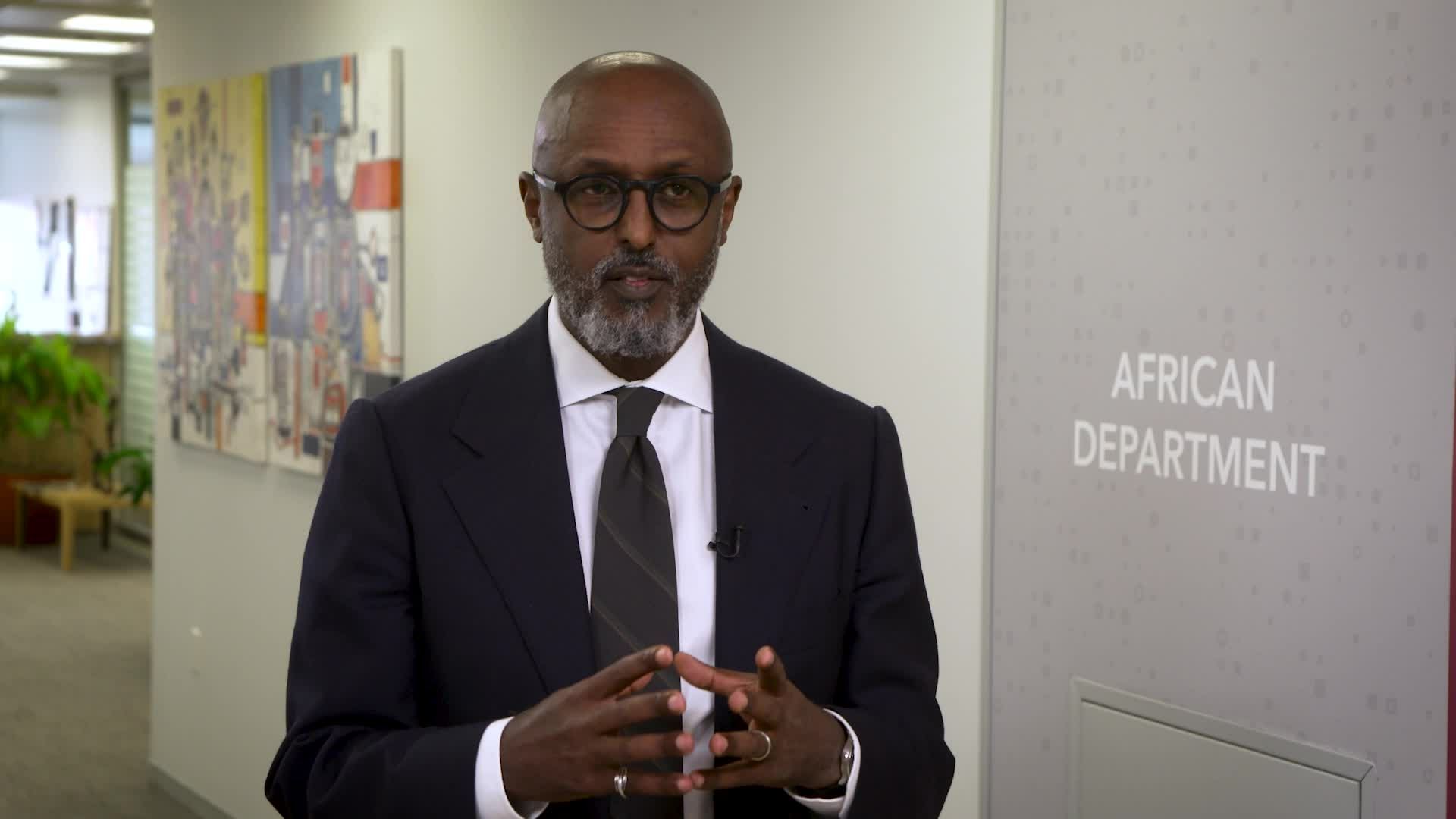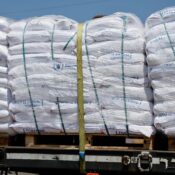
IMF Africa head: Sub-Saharan Africa has to increase revenue to weather global turbulence
Abebe Aemro Selassie, director of the International Monetary Fund Africa, stated that in light of “turbulent global conditions,” Sub-Saharan African nations should endeavor to enhance their domestic revenue collection in order to avoid having to incur debt.
In its World Economic Outlook report this week, the Fund predicted that the region’s economy would grow by 3.8% this year, down from its earlier prediction of 4.2% because of the possible effects of the U.S. administration’s trade policies.
Abebe told Reuters, “There is a period where maybe relying on debt financing is not the right way to do development,” and that governments must also find other, less expensive sources of funding.
Following President Donald Trump’s announcement of broad tariffs on dozens of U.S. trading partners, investors sold off riskier assets, sending the yields of most sub-Saharan African issuers into double digits, an indication that these so-called frontier economies may find it difficult to access capital markets.
“You have to look for internal resources to address the development and address social spending needs,” Abebe stated. “These policies that are to enhance resilience, there is a higher premium on those.”
According to the IMF, the region’s average debt-to-economic-output ratio remained stable at less than 60% of GDP last year, while several economies, such as Kenya, have been having difficulty paying off their large debt.
According to him, the United States’ approach to international trade is having a cascading effect on the foreign exchange rates of countries in the region, despite the fact that it is not a big trading partner for many of them.
“We have already seen oil prices decline… Countries like Nigeria and Angola are going to see a mark-down in economic activity, and they are some of the largest economies in sub-Saharan Africa,” he stated.
According to the IMF, the anticipated setback could halt a “hard fought economic recovery” from the global pandemic, a jump in global inflation, and an interest rate spike that essentially shut out many African economies from international financial markets.
According to the Fund, growth in the region, which is home to many different types of economies, including ones that are fairly diverse like Tanzania and Senegal, reached 4% last year, above the IMF’s prediction of 3.6%.
The IMF noted that the region’s strong economic growth last year was accompanied by a reduction in macroeconomic imbalances, pointing to stable debt levels and reduced average inflation.
Abebe stated, “We have seen quite a lot of resilience in the region,” and that sub-Saharan Africa will feature 11 of the world’s 20 fastest-growing economies.
All Categories
Recent Posts
Tags
+13162306000
zoneyetu@yahoo.com



